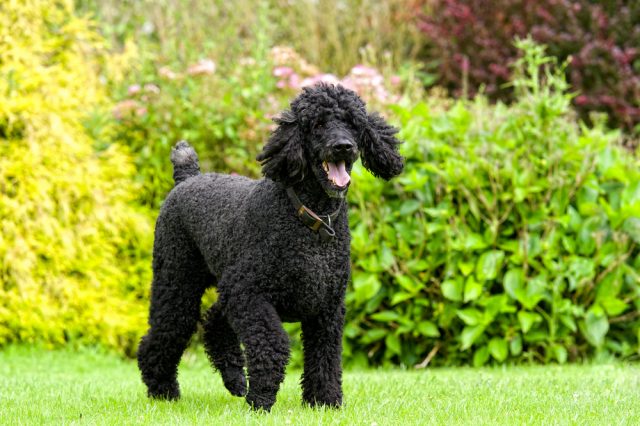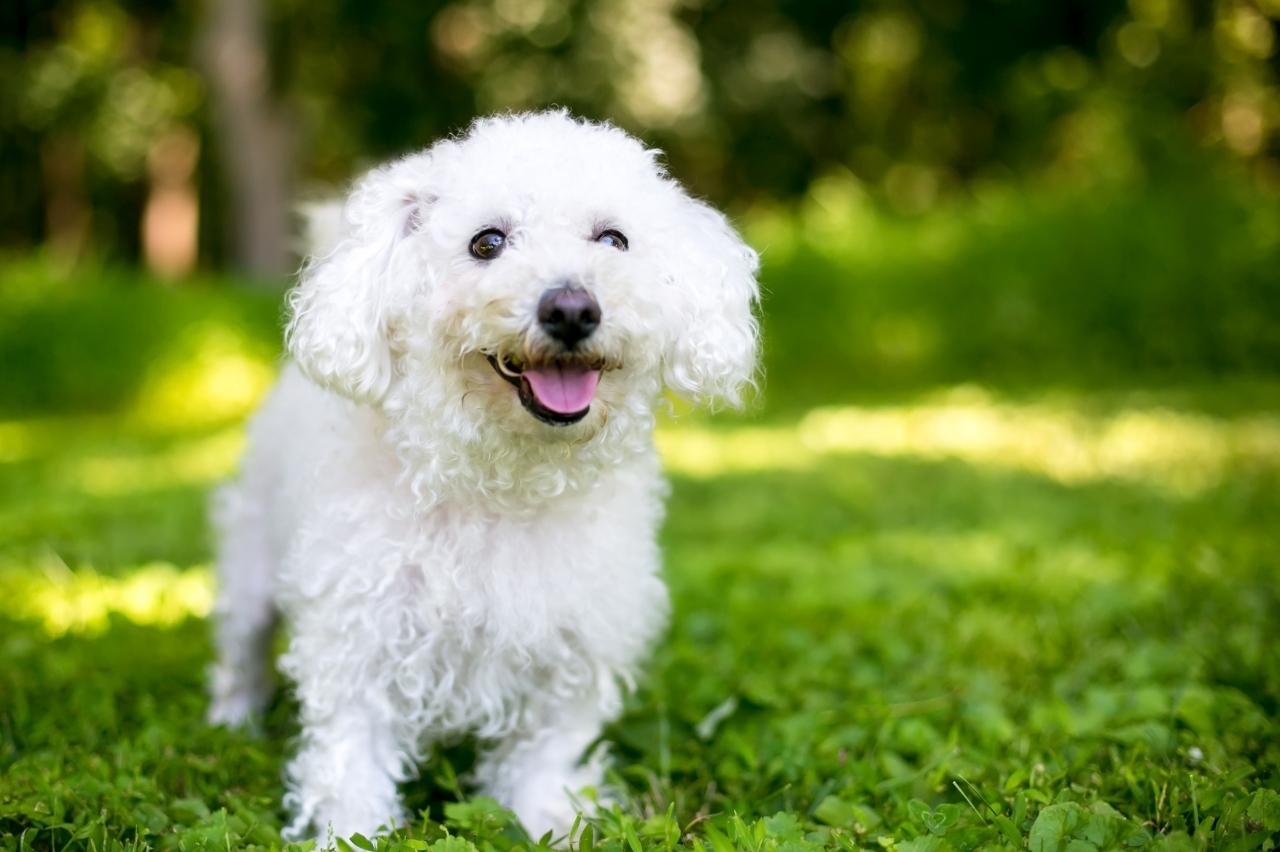Taking care of a Poodle, like any other dog breed, involves various responsibilities, one of which is ensuring they have regular opportunities to relieve themselves. Proper potty training is essential for maintaining a healthy and happy Poodle. The frequency at which you need to take your Poodle outside to pee can vary based on their age, as puppies, adults, and senior dogs have different needs and capabilities. In this comprehensive guide, we will explore the factors that influence how often you should take your Poodle outside, offering guidelines for each stage of their life.
Potty Training Basics
Potty training is one of the first and most crucial lessons your Poodle will learn. Successful potty training not only keeps your home clean but also fosters a strong bond between you and your furry friend. Before diving into the specific frequency of potty breaks, let’s cover some essential potty training basics that apply to Poodles of all ages.
- Establish a Routine: Dogs thrive on routines, and establishing a consistent schedule for potty breaks is key to successful training. Regularity helps your Poodle anticipate when they need to go outside.
- Positive Reinforcement: Reward your Poodle with praise, treats, or affection when they go potty outside. Positive reinforcement encourages them to repeat the desired behavior.
- Supervision: Keep a close eye on your Poodle, especially during the early stages of training. This allows you to catch them in the act and redirect them to the designated potty area.
- Crate Training: Many Poodle owners find crate training helpful in preventing accidents indoors. Dogs instinctively avoid soiling their living space, making a crate a useful tool for potty training.
Now, let’s delve into how the frequency of potty breaks should be adjusted based on your Poodle’s age.
Puppy Potty Training
Puppies, regardless of the breed, have small bladders and limited control over their bodily functions. For Poodles, a breed known for its intelligence and eagerness to please, potty training can be relatively smooth, but it still requires patience and consistency.
- Age: Puppies are typically not fully potty trained until they are around 6 to 8 months old. Before that, they may have frequent accidents indoors.
- Frequency: Puppies should be taken outside to pee more frequently than adult dogs. On average, a 2-month-old Poodle puppy may need to go out every 1-2 hours during the day. As they age, you can gradually increase the time between potty breaks.
- Nighttime: At night, you can expect your puppy to need a potty break every 2-3 hours initially. As they get older, they should be able to sleep longer without needing to go outside.
- Signs: Pay attention to your puppy’s signals that they need to go. These can include sniffing, circling, whining, or suddenly becoming restless. Whenever you notice these signs, take them out immediately.
- Crate Training: Utilize a crate to help with potty training. A properly sized crate should be big enough for your puppy to stand up, turn around, and lie down but not so large that they can comfortably use one end as a bathroom. Puppies generally avoid soiling their crate, so it encourages them to hold it until they can go outside.
- Positive Reinforcement: Praise and reward your puppy every time they successfully go potty outside. This positive reinforcement helps reinforce the desired behavior.
Adult Poodle Potty Needs
As your Poodle matures into an adult dog, their bladder control improves, and they can hold their urine for longer periods. However, it’s essential to maintain a consistent potty schedule to prevent accidents.
- Age: Poodles typically reach adulthood around 1 to 2 years of age, depending on the size (standard, miniature, or toy).
- Frequency: Adult Poodles typically need to go outside to pee every 4-6 hours during the day. However, this can vary based on your dog’s size, activity level, and individual needs.
- Nighttime: Adult Poodles can usually go through the night without needing a potty break. However, it’s a good idea to take them out before bedtime and again first thing in the morning.
- Exercise: Be mindful of exercise and playtime. Active Poodles may need more frequent potty breaks, especially after vigorous activity.
- Water Intake: Adjust the frequency of potty breaks based on your dog’s water intake. If your Poodle drinks more water than usual, they may need to go out more often.
Senior Poodle Potty Needs
As your Poodle reaches their senior years, they may experience changes in their health and mobility, which can affect their potty needs.
- Age: Poodles are considered seniors around 7-9 years old, depending on their size and individual health.
- Frequency: Senior Poodles may need more frequent potty breaks than adult dogs. Aim for every 4-6 hours during the day, but be prepared to adjust based on their health and comfort.
- Health Considerations: Senior Poodles may develop health conditions such as incontinence or arthritis that can affect their ability to hold their bladder or move quickly to the designated potty area. Be patient and accommodating with their changing needs.
- Regular Vet Checkups: Schedule regular checkups with your veterinarian to monitor your senior Poodle’s health and discuss any changes in their potty habits or needs.
- Medications: If your senior Poodle is on medications, consult your veterinarian about potential side effects that may affect their potty training.
- Provide Comfort: Make sure your senior Poodle has easy access to the outdoors and that their potty area is well-lit and safe, especially at night.
Common Mistakes to Avoid
In addition to understanding the appropriate frequency for potty breaks, it’s important to be aware of common mistakes to avoid during the potty training process for Poodles of all ages:
- Punishment: Never punish your Poodle for accidents indoors. This can create fear and anxiety, making potty training more challenging.
- Inconsistency: Stick to a consistent schedule and routine. Inconsistency can confuse your dog and hinder their progress.
- Not Supervising: Always supervise your Poodle, especially when they are not fully potty trained. This allows you to catch accidents in the act and redirect them appropriately.
- Neglecting Positive Reinforcement: Positive reinforcement is a powerful tool in potty training. Praise and rewards for good behavior encourage your Poodle to continue doing the right thing.
- Not Adapting to Changing Needs: Be flexible and adapt to your Poodle’s changing needs as they grow and age. What worked for them as a puppy may not be suitable for them as an adult or senior dog.
Conclusion
Potty training is an essential aspect of caring for your Poodle, regardless of their age. Understanding the frequency at which you should take your Poodle outside to pee is crucial for their well-being and the cleanliness of your home. Remember that puppies require more frequent potty breaks, adult Poodles have improved bladder control, and senior Poodles may need adjustments based on their health. By following a consistent routine, using positive reinforcement, and being attentive to your Poodle’s needs, you can successfully potty train your furry companion and ensure a happy and healthy life









